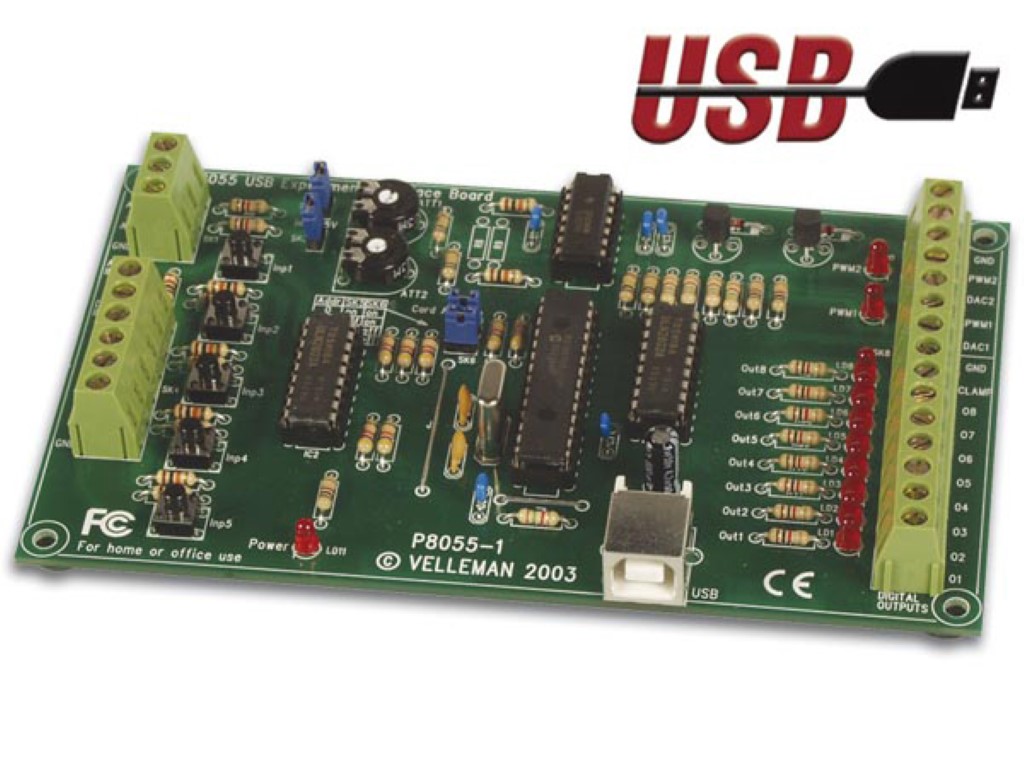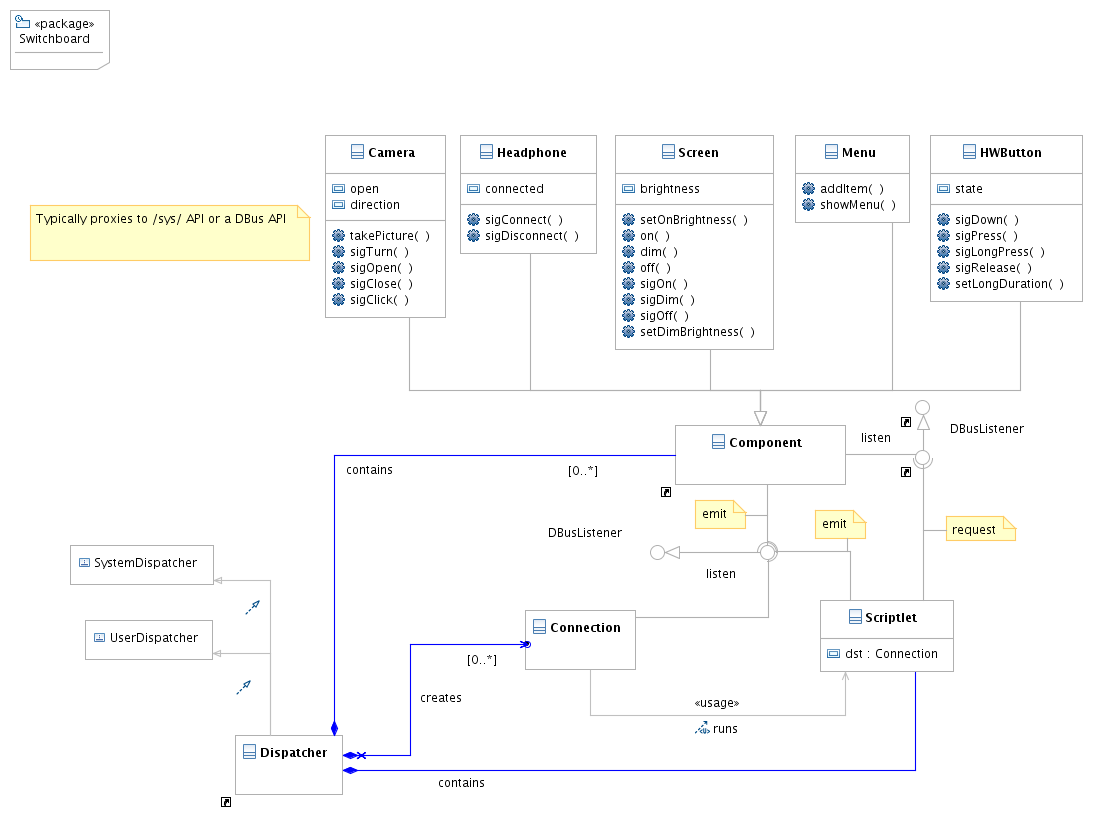Open source is about opening things up... right?
Well, yes.
But I think there's more to it than that.
Think about the kernel and how that works. A wide open mailing list (and source repository) with people getting on with it. Fedora? Ubuntu? The same. SGI's XFS filesystem; in fact any number of projects out there.
But what does that even mean? "Getting on with it?"
To me it means discussions, proposals, code, designs, bugs. If you care you can watch; you can even attempt to join in. You can certainly learn about what's happening and why.
So here's the question...
Where's the 'Contribute to Maemo' on maemo.org?
Fremantle is coming out - but it just appears on the download servers. There's no opportunity for the community to contribute. Where are the mailing list archives or the commit logs so I can find who committed that change, when and why?
Opensource means you can't be shy; open doesn't mean "behind closed doors"; it doesn't mean "you get it when we're done".
Open means "this is what we're doing". And "we" includes the community.
I hope we're doing it
the right way in Mer.
irc is our main collaboration area and that's open and logged. Not terribly useful as an archive though. We have the chatter mailing list which gives a pretty good summary of key events.
What we do to activate incoming developers to make it easy for them to contribute? Well, we've adopted gitorious as our DVCS and I think the process and UI there makes that a good call. I've also put
some effort into describing our 'internal' build processes and what we (ultimately) expect DVCS contributions to look like.
Carsten has setup a
neat little tracker of outstanding tasks so potential contributors can pick up things to work on.
We have some design statements on the wiki and we know that 'track Fremantle and predict Harmattan' are our tenets.
I wondered what Android does?
Hmm :
http://source.android.com/roadmap
The Android Open Source Project will publish roadmaps for
upcoming releases. The roadmaps will be developed with input from this
community, Project Leads, and the Open Handset Alliance
Sounds good.. and the code is up there.
What about contributions?
Well...
say no more! A random click got me that gem.
Nokia and Maemo5 .... well, to be frank it looks a lot more like Microsoft.
And that's not that harsh :)
Microsoft provide (I'm told) excellent documentation for developing OSS on their platform.
For Maemo there is some
really good developer documentation (seriously - I think this is not shouted about enough); there's superb support for creating OSS
on Maemo platforms; and that's absolutely crucial.
Contributing
to Maemo... not so much.
Yes, the source is there for the released maemo packages; and there are random directories like
this or
this (first one is circa 2005, 2nd April 2008)... browse around, we found some useful stuff in there!
As Carsten said "god knows how i found that first time". There are garage projects too (impossible to
find the right ones though), recently we noticed some appearing on
gitorious or git.maemo.org or svn....
However I'm not really aware of anything other than bugzilla for communicating with the development teams; and I don't think that's something the community generally finds to be a 'shining example' :)
We recently added a note
by way of an apology for Mer's lack of "apt-get source" but I think Maemo deserves it too:
`...You hadn't exactly gone out of your way to call attention to them
had you? I mean like actually telling anyone or anything.'
`But the plans were on display...'
`On display? I eventually had to go down to the cellar to find them.'
`That's the display department.'
`With a torch.'
`Ah, well the lights had probably gone.'
`So had the stairs.'
`But look you found the notice didn't you?'
`Yes,' said Arthur, `yes I did. It was on display in the bottom of a
locked filing cabinet stuck in a disused lavatory with a sign on the
door saying "Beware of The Leopard".'
I really don't think it's doom and gloom though - Qt has opened up a lot since Nokia took over. The development has moved out into the open and there's a process to contribute. Gitorious is being sponsored by Nokia/Qt and I hope the maemo-af team are leading the way.
I really hope that when Harmattan arrives the basement is light and airy; very, very noisy and the leopard has relocated to the lobby!






